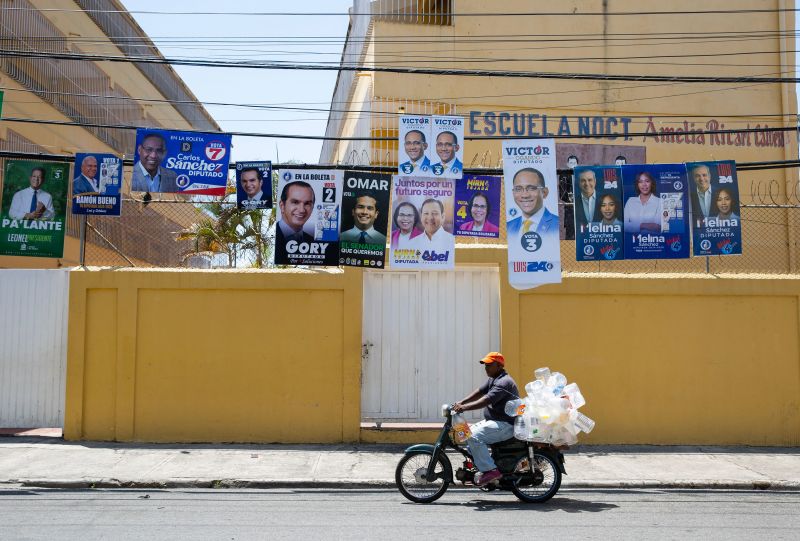The political landscape of the Caribbean has forever been diverse and dynamic. A testament to this fact is the upcoming Sunday elections in the Dominican Republic, one of the most influential countries in the region. As we anticipate this crucial event, there are several important elements worth analyzing and understanding.
Firstly, understanding the electoral process within the Dominican Republic is fundamental to follow the unfolding events. Elections in the Dominican Republic take place every four years, and they incorporate both the presidential and parliamentary elections. The president, once elected, serves as both the head of state and the head of the government; indeed, a hallmark of a unitary presidential republic system.
The current president, Luis Abinader, defeated the Dominican Liberation Party (PLD) in the previous 2020 elections, which had been in power for nearly 16 consecutive years. His victory showed the electorate’s eagerness for change and growth, highlighting issues like corruption, lack of social services, and the state’s poor response to natural disasters as pressing problems.
Abinader, a representative of the Modern Revolutionary Party (PRM), enjoyed immense popularity, owing to his progressive policies and a promise of a rejuvenated Dominican Republic. However, as the upcoming elections draw nearer, it will be intriguing to see whether Abinader’s appeal remains or whether the PLD can inch its way back into power.
The Dominican Republic’s politics are not homogeneous, with various influential parties jostling for power. The significant ones include the PRM, PLD, and Dominican Revolutionary Party (PRD). The PRM and PLD are traditionally seen as more socially progressive, favoring liberalization and social equality. Meanwhile, the PRD trends on the conservative side, favoring free markets and minimal government intervention.
A key theme in this forthcoming election is the handling of the COVID-19 pandemic. Like the rest of the world, the Dominican Republic has grappled with managing the health crisis, and the government’s response has been a mixed bag. On the one hand, President Abinader’s government introduced strict measures aimed at controlling the virus’s spread. Yet, there has been criticism about the country’s slow vaccine rollout compared to other Latin American countries.
Moreover, corruption remains a centerpiece issue. Dominican citizens have long decried the level of corruption within their government. The previous PLD government was marred by several high-profile corruption allegations. However, while President Abinader vowed to tackle corruption head-on, tangible results have been slow in coming, thus posing a challenge to his administration.
Economic stability, job creation, and improved social services, including healthcare and education, are other pressing concerns for Dominican voters. The country’s economy, largely dependent on tourism, has been significantly impacted by the pandemic, exacerbating already existing problems, including high unemployment rates and widening wealth disparities.
With so much at stake, Sunday’s elections are a litmus test for the Dominican Republic’s current government. It reflects the hopes, concerns, and aspirations of the Dominican citizenry, shaping the Dominican Republic’s course over the next four years. The elections are not just a democratic exercise but a call for accountability, development, and an end to corruption. As the world watches, every vote cast is a step towards a new phase in the Dominican Republic’s socio-political history.




